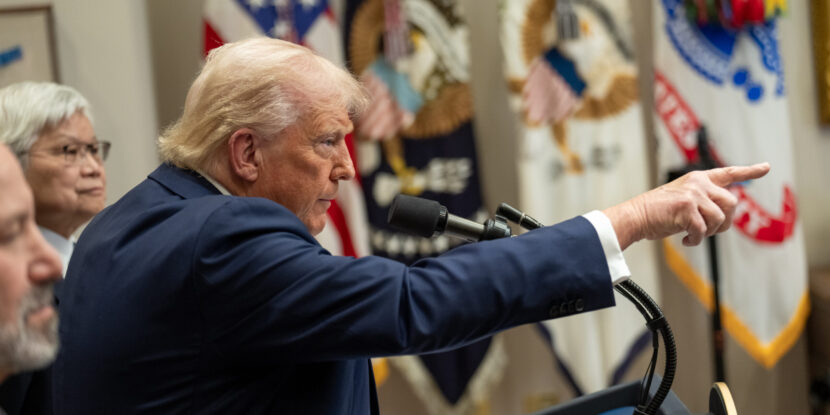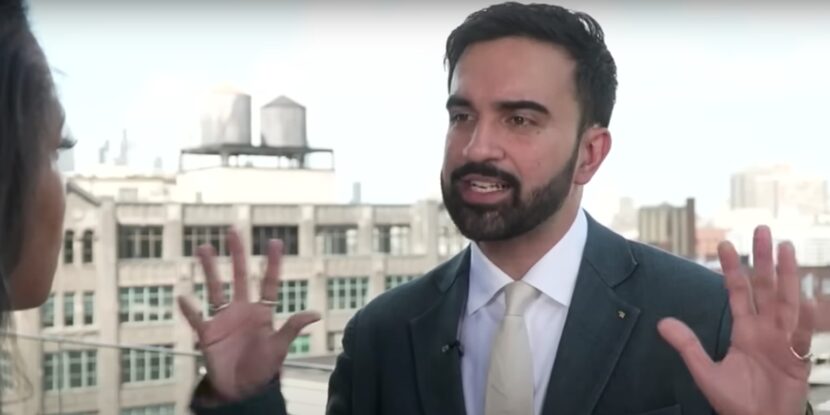❓WHAT HAPPENED: A Republican consulting firm has raised concerns about Google’s Gmail disproportionately flagging Republican fundraising emails as spam while allowing Democratic emails to bypass filters.
👤WHO WAS INVOLVED: Targeted Victory, Google, and political entities such as the National Republican Senatorial Committee, Representative Steve Scalise (R-LA), and Senator Marsha Blackburn (TN).
📍WHEN & WHERE: The filtering concerns were observed in June and July 2025, with tests conducted on Gmail’s platform.
💬KEY QUOTE: “If Gmail is allowed to quietly suppress WinRed links while giving ActBlue a free pass, it will continue to tilt the playing field in ways that voters never see, but campaigns will feel every single day.” – Targeted Victory memo.
🎯IMPACT: The accusations raise further questions about tech companies’ influence over elections and voter outreach.
A Republican consulting firm, Targeted Victory, has accused Google of unfairly filtering Republican fundraising emails into Gmail spam folders while allowing similar Democratic emails to reach users’ inboxes. The claims, outlined in a memo, highlight ongoing concerns about potential political bias in tech platforms.
The memo revealed that emails containing links to the Republican platform WinRed were frequently flagged as spam, while identical emails with links to the Democratic platform ActBlue were delivered without issue. “The only difference between the two emails was the link,” the memo stated, adding that this pattern persisted even for high-profile accounts such as those of President Donald J. Trump and Representative Elise Stefanik (R-NY). Targeted Victory warned: “If Gmail is allowed to quietly suppress WinRed links while giving ActBlue a free pass, it will continue to tilt the playing field in ways that voters never see, but campaigns will feel every single day.”
Google has denied the allegations, with company spokesman José Castañeda stating, “Email filter protections are in place to keep our users safe. They look at a variety of signals—like whether a user has previously marked an email as spam—and apply equally to all senders, regardless of political ideology.”
Research has previously identified disparities in email filtering practices. A 2022 study by North Carolina State University found Gmail flagged 59 percent more Republican fundraising emails as spam compared to Democratic ones during the 2020 election cycle. The study’s authors noted that spam filtering algorithms exhibited biases based on political affiliations.
Targeted Victory reported contacting Google on June 30 to address the issue, but alleged that Google initially deflected responsibility, attributing the filtering behavior to “local settings.” By July, Google acknowledged that WinRed links were flagged as “suspicious,” according to screenshots provided by the firm. The memo warned, “This should alarm every campaign and committee that relies on email to connect with voters.”
Join Pulse+ to comment below, and receive exclusive e-mail analyses.










